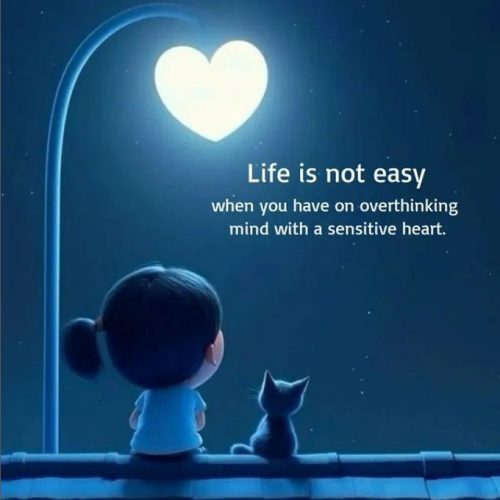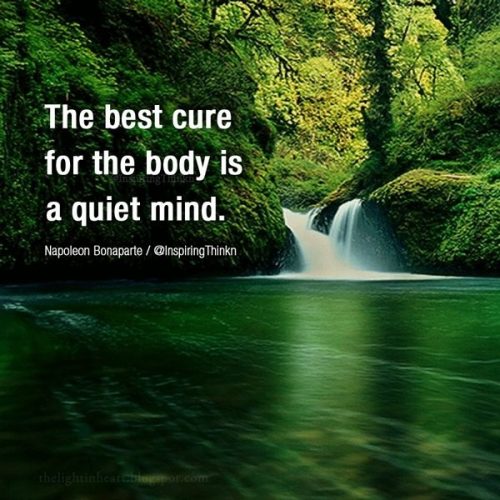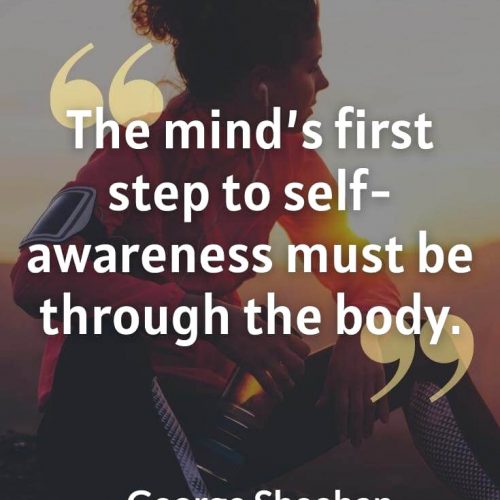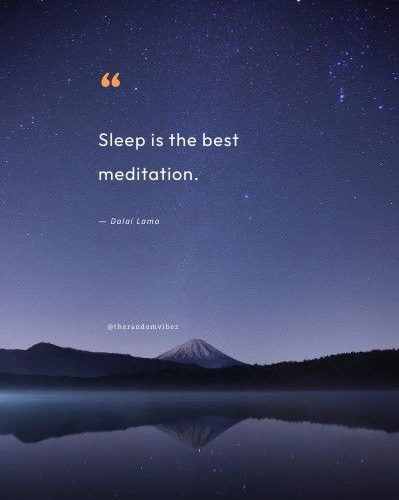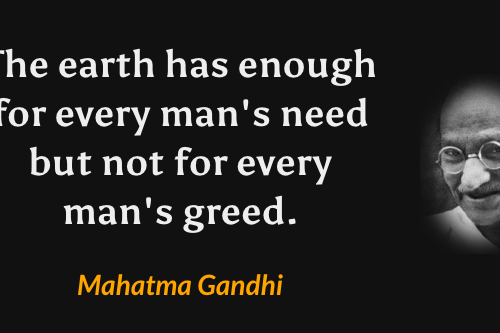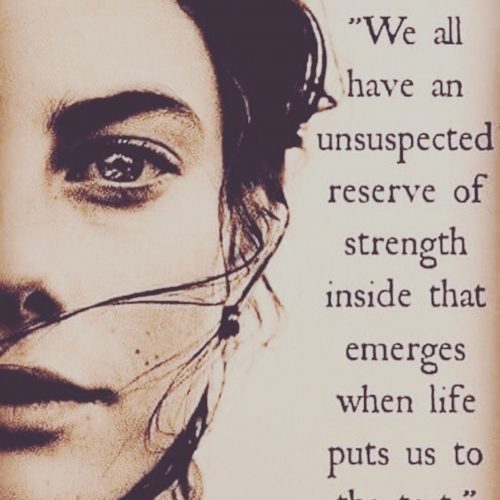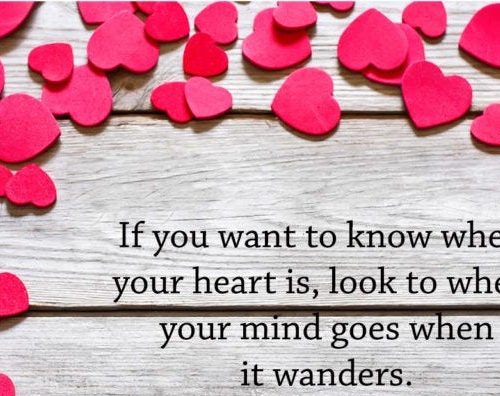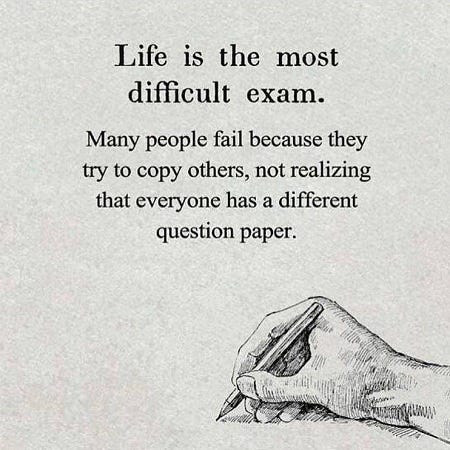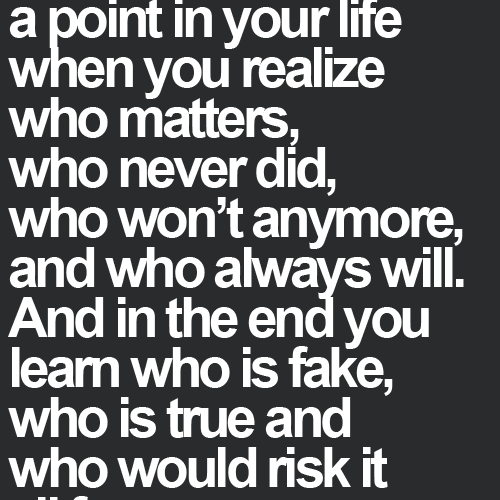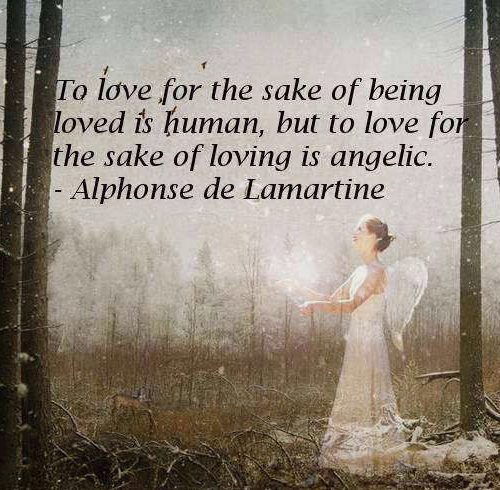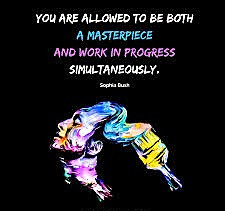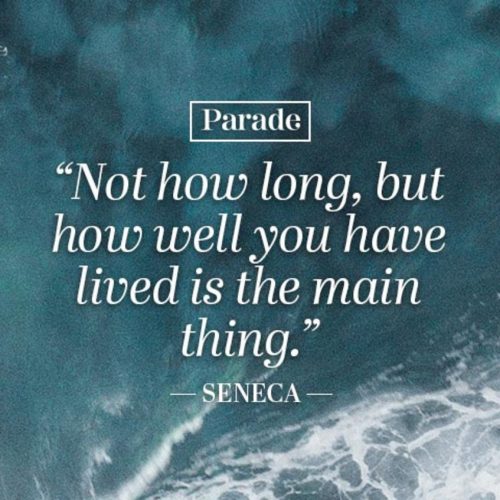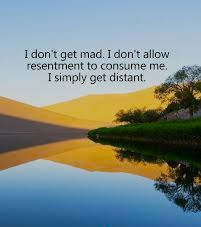《自律養生實踐家之旅308》 用腦,不如用心
從更宏觀的角度來看,人生的每一個面向,都能套用這個問題:你是用腦在學,還是用心在活?兩者通往的是截然不同的終點。
心與腦,是人生最深刻也最奇妙的試煉。試著觀察那些作惡之人,是出於用心,還是用腦過度?你遇過的業務或推銷員,是用真誠互動,還是精於話術?
心會帶你去你「該去」的地方,腦則帶你去你「想去」的地方。心留下的是感受,腦留下的只是足跡。
From a broader perspective, this question applies to every facet of life: Are you learning with your mind, or living with your heart? The two paths lead to entirely different destinations.
The heart and the mind form one of life’s deepest, most mysterious tests. Observe those who do harm—is it because they’re following their hearts, or is it the result of overthinking? Think about the salespeople you’ve met—are they connecting with sincerity, or just masters of persuasion?
The heart takes you where you ought to go. The mind takes you where you want to go. What the heart leaves behind is feeling; what the mind leaves behind is just footprints.
Relationships can be driven by logic, or by emotion. When someone constantly feels empty and keeps chasing new goals, their heart is still there—it’s just been suppressed by excessive reasoning.
人際關係可以靠理性,也可以靠情感。經常感到空虛並不斷追逐新目標的人,心其實還在,只是理性壓抑了情感。

